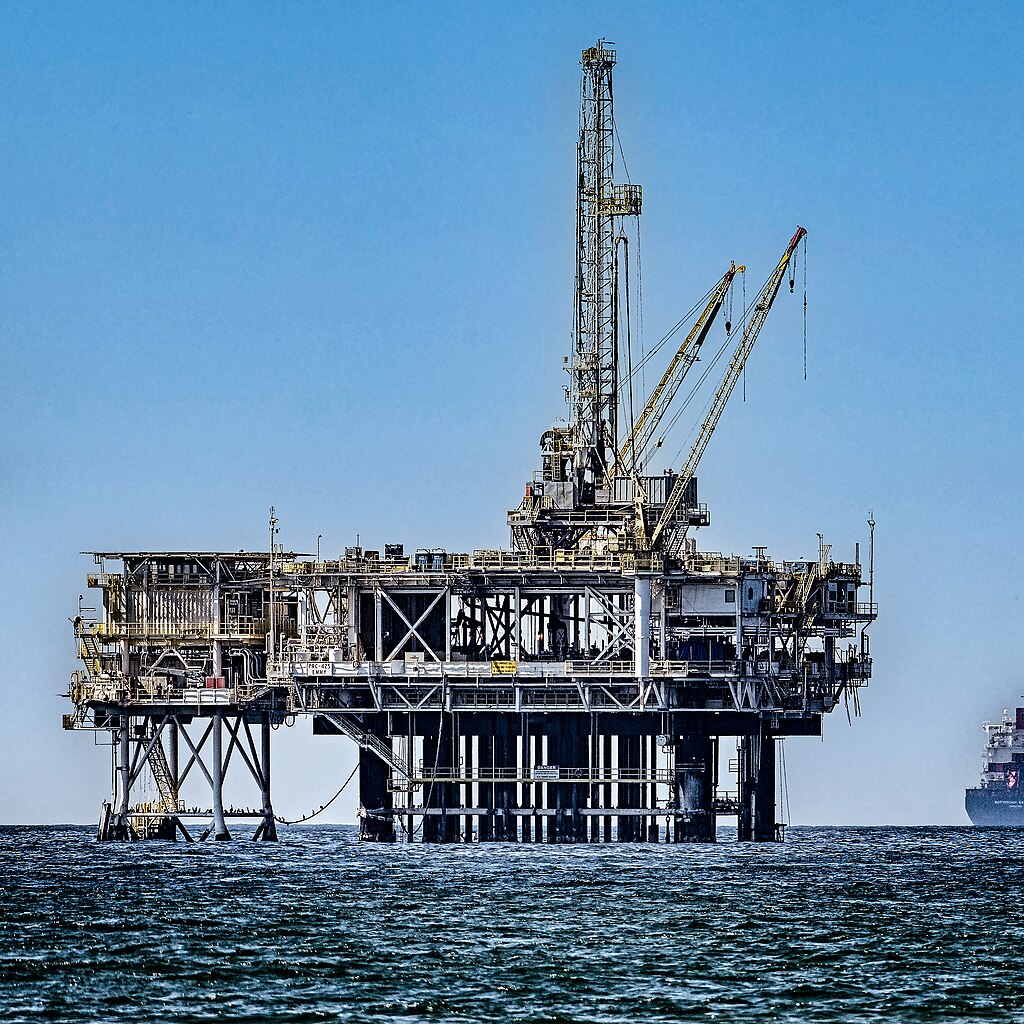Oil prices rose in Asian trading Monday after U.S. President Donald Trump announced tariffs on imports from Canada, China, and Mexico, triggering concerns over supply chain disruptions.
At 20:05 ET (01:05 GMT), Brent Oil Futures climbed 0.6% to $76.13 a barrel, while WTI Crude Futures for March delivery gained 1.1%, reaching $72.75 a barrel. The 25% tariff on Canadian and Mexican goods, along with a 10% levy on Chinese imports, includes a 10% tax on Canadian energy products.
The U.S. relies heavily on Canada and Mexico, importing around 4 million barrels of Canadian crude and 500,000 barrels from Mexico daily. The new tariffs could raise costs for refiners in the Midwest and Gulf Coast, potentially pushing fuel prices higher and leading to production cuts.
Canada retaliated with C$155 billion in tariffs on U.S. goods, while investors brace for possible countermeasures from China and Mexico. The uncertainty rattled global markets, with U.S. stock futures declining. The U.S. dollar strengthened, making oil more expensive for global buyers, adding downward pressure on crude prices.
Analysts predict market volatility and possible production cuts due to the tariffs. ANZ analysts noted that Valero Energy Corporation (NYSE:VLO), a major U.S. refiner, sees potential production reductions. UBS analysts expect further fluctuations in crude and natural gas markets, though they highlighted that a 10% tariff is less severe than a possible 25% duty.
With escalating trade tensions and geopolitical risks, the oil market faces significant uncertainty, keeping investors on edge.



 Silver Prices Plunge in Asian Trade as Dollar Strength Triggers Fresh Precious Metals Sell-Off
Silver Prices Plunge in Asian Trade as Dollar Strength Triggers Fresh Precious Metals Sell-Off  Japan Economy Poised for Q4 2025 Growth as Investment and Consumption Hold Firm
Japan Economy Poised for Q4 2025 Growth as Investment and Consumption Hold Firm  China Extends Gold Buying Streak as Reserves Surge Despite Volatile Prices
China Extends Gold Buying Streak as Reserves Surge Despite Volatile Prices  Gold and Silver Prices Slide as Dollar Strength and Easing Tensions Weigh on Metals
Gold and Silver Prices Slide as Dollar Strength and Easing Tensions Weigh on Metals  Fed Governor Lisa Cook Warns Inflation Risks Remain as Rates Stay Steady
Fed Governor Lisa Cook Warns Inflation Risks Remain as Rates Stay Steady  Trump Lifts 25% Tariff on Indian Goods in Strategic U.S.–India Trade and Energy Deal
Trump Lifts 25% Tariff on Indian Goods in Strategic U.S.–India Trade and Energy Deal  Trump Endorses Japan’s Sanae Takaichi Ahead of Crucial Election Amid Market and China Tensions
Trump Endorses Japan’s Sanae Takaichi Ahead of Crucial Election Amid Market and China Tensions  South Korea’s Weak Won Struggles as Retail Investors Pour Money Into U.S. Stocks
South Korea’s Weak Won Struggles as Retail Investors Pour Money Into U.S. Stocks  Russian Stocks End Mixed as MOEX Index Closes Flat Amid Commodity Strength
Russian Stocks End Mixed as MOEX Index Closes Flat Amid Commodity Strength  Dollar Near Two-Week High as Stock Rout, AI Concerns and Global Events Drive Market Volatility
Dollar Near Two-Week High as Stock Rout, AI Concerns and Global Events Drive Market Volatility  Global Markets Slide as AI, Crypto, and Precious Metals Face Heightened Volatility
Global Markets Slide as AI, Crypto, and Precious Metals Face Heightened Volatility  Asian Stocks Slip as Tech Rout Deepens, Japan Steadies Ahead of Election
Asian Stocks Slip as Tech Rout Deepens, Japan Steadies Ahead of Election  Bank of Japan Signals Readiness for Near-Term Rate Hike as Inflation Nears Target
Bank of Japan Signals Readiness for Near-Term Rate Hike as Inflation Nears Target  South Korea Assures U.S. on Trade Deal Commitments Amid Tariff Concerns
South Korea Assures U.S. on Trade Deal Commitments Amid Tariff Concerns  Japanese Pharmaceutical Stocks Slide as TrumpRx.gov Launch Sparks Market Concerns
Japanese Pharmaceutical Stocks Slide as TrumpRx.gov Launch Sparks Market Concerns  U.S. Stock Futures Slide as Tech Rout Deepens on Amazon Capex Shock
U.S. Stock Futures Slide as Tech Rout Deepens on Amazon Capex Shock  Thailand Inflation Remains Negative for 10th Straight Month in January
Thailand Inflation Remains Negative for 10th Straight Month in January 































